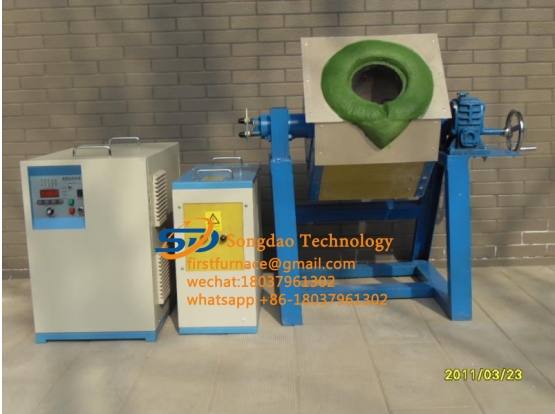- 06
- Sep
High frequency induction heater
High frequency induction heater

Technical parameters of high frequency induction heater:
| ike ọkọnọ | Otu oge
220V / 50Hz |
Three-phase 380V/50Hz | Three-phase 380V/50Hz | Three-phase 380V/50Hz | Three-phase 380V/50Hz | Nke ato
380V / 50Hz |
| Nrụ ọrụ voltaji nso | 220V | 360V ~420V | 360V ~420V | 360V ~420V | 360V ~420V | 360V ~420V |
| Input Ugbu A | 35A | 45A | 80A | 120A | 180A | 240A |
| mmepụta Ike | 16KW | 30KW | 50KW | 80KW | 120KW | 160KW |
| Akara ugboro | 25 ~45KHz | 25 ~40KHz | 25 ~45KHz | 25 ~45KHz | 25 ~45KHz | 25 ~45KHz |
| Transformer size ( mm3 ) | 225 × 480 × 450 | 265 × 600 × 540 | 550 × 650 × 1260 | 500 × 800 × 580 | 500 × 800 × 580 | 500 × 800 × 580 |
How to choose a high-frequency induction heater ?
1. The shape and size of the workpiece to be heated: large workpieces, bars, and solid materials should use induction heating equipment with relatively high power and low frequency; for small workpieces, pipes, plates, gears, etc., use relatively low power and high frequency Induction heating equipment.
2. Area to be heated: for deep heating, large area, and overall heating, induction heating equipment with high power and low frequency should be selected; for shallow heating, small area, local heating, induction heating equipment with relatively low power and high frequency should be selected.
3. Required heating speed: Fast heating speed is required. Induction heating equipment with relatively large power and relatively low frequency should be selected.
4. The continuous working time of the equipment: the continuous working time is long, and the induction heating equipment with a slightly larger power is used. On the contrary, the equipment with relatively small power is selected.
5. The connection distance between the induction component and the equipment: the connection is long, and even water-cooled cable connection is required. Induction heating equipment with relatively high power should be used.
6. Process requirements: Generally speaking, for quenching, welding and other processes, the relative power can be selected lower and the frequency should be higher; for tempering, annealing and other processes, the relative power should be higher and the frequency should be lower; red punching, hot forging , Smelting, etc., if a process with a good diathermy effect is required, the power should be larger and the frequency should be lower.
7. The material of the workpiece: among the metal materials, the higher melting point is relatively large, the lower melting point is relatively small; the lower resistivity is higher, and the higher resistivity is lower.
What is the difference between high frequency induction heater and medium frequency induction heating equipment?
High-frequency induction heating: With a hardening depth of 0.5-2 mm (millimeters), it is mainly used for small and medium-sized parts requiring a thin hardened layer, such as small modulus gears, small and medium-sized shafts, etc.
Intermediate frequency induction heating:
The effective hardening depth is 2-10 mm (millimeters), which is mainly used for parts that require a deeper hardened layer, such as medium-modulus gears, large-modulus gears, and shafts with larger diameters , but the thickness is different .
